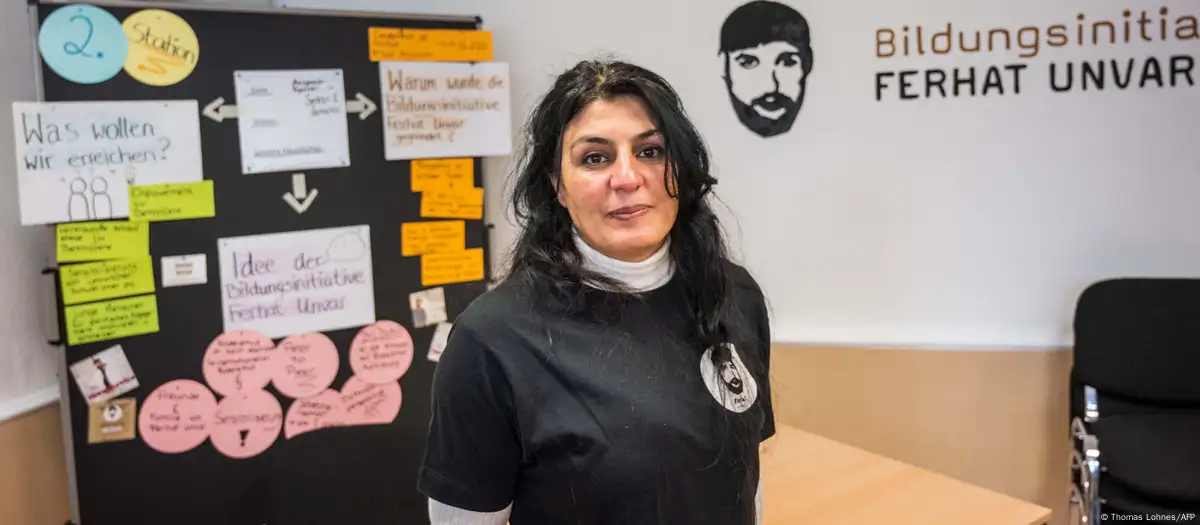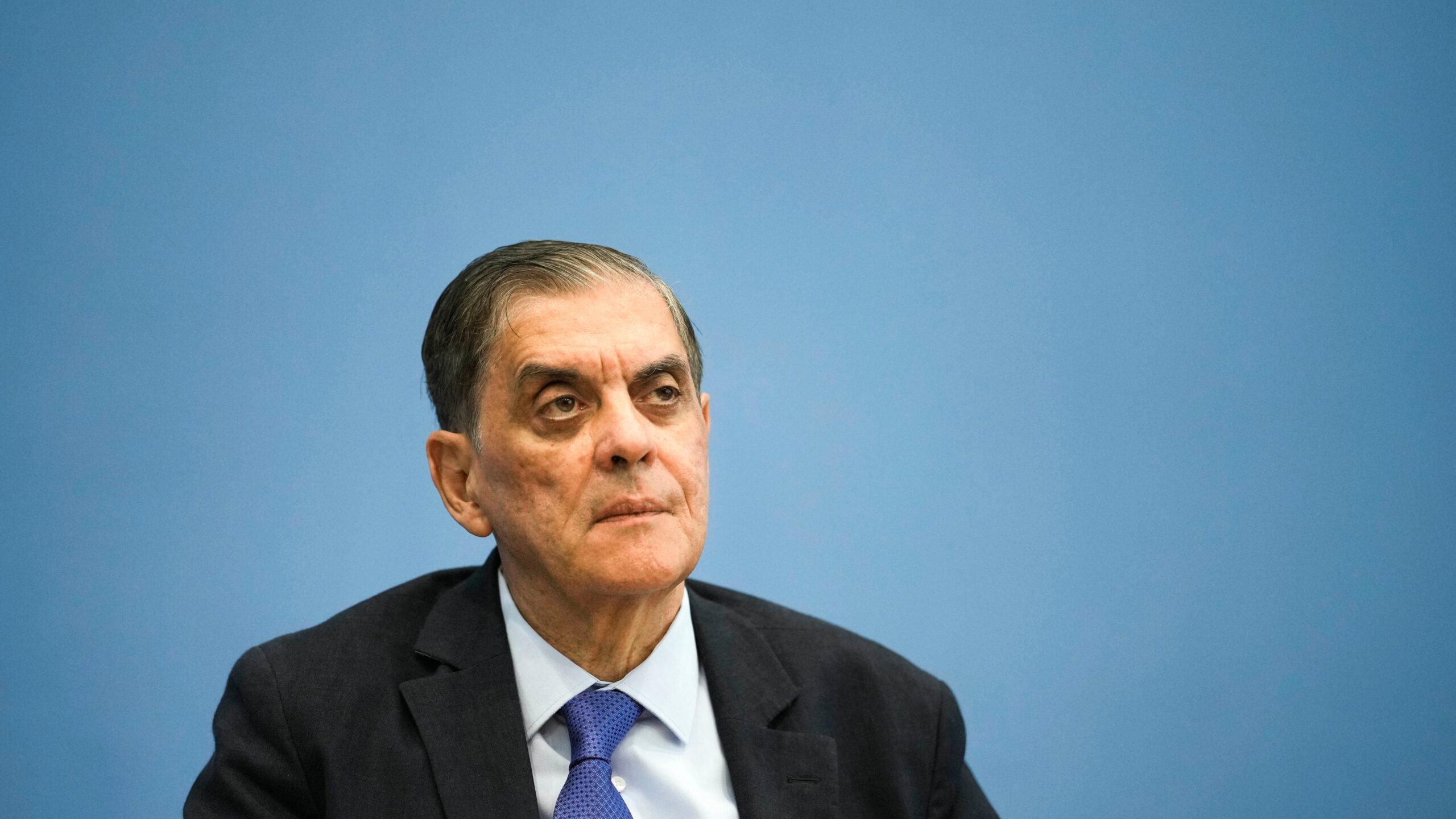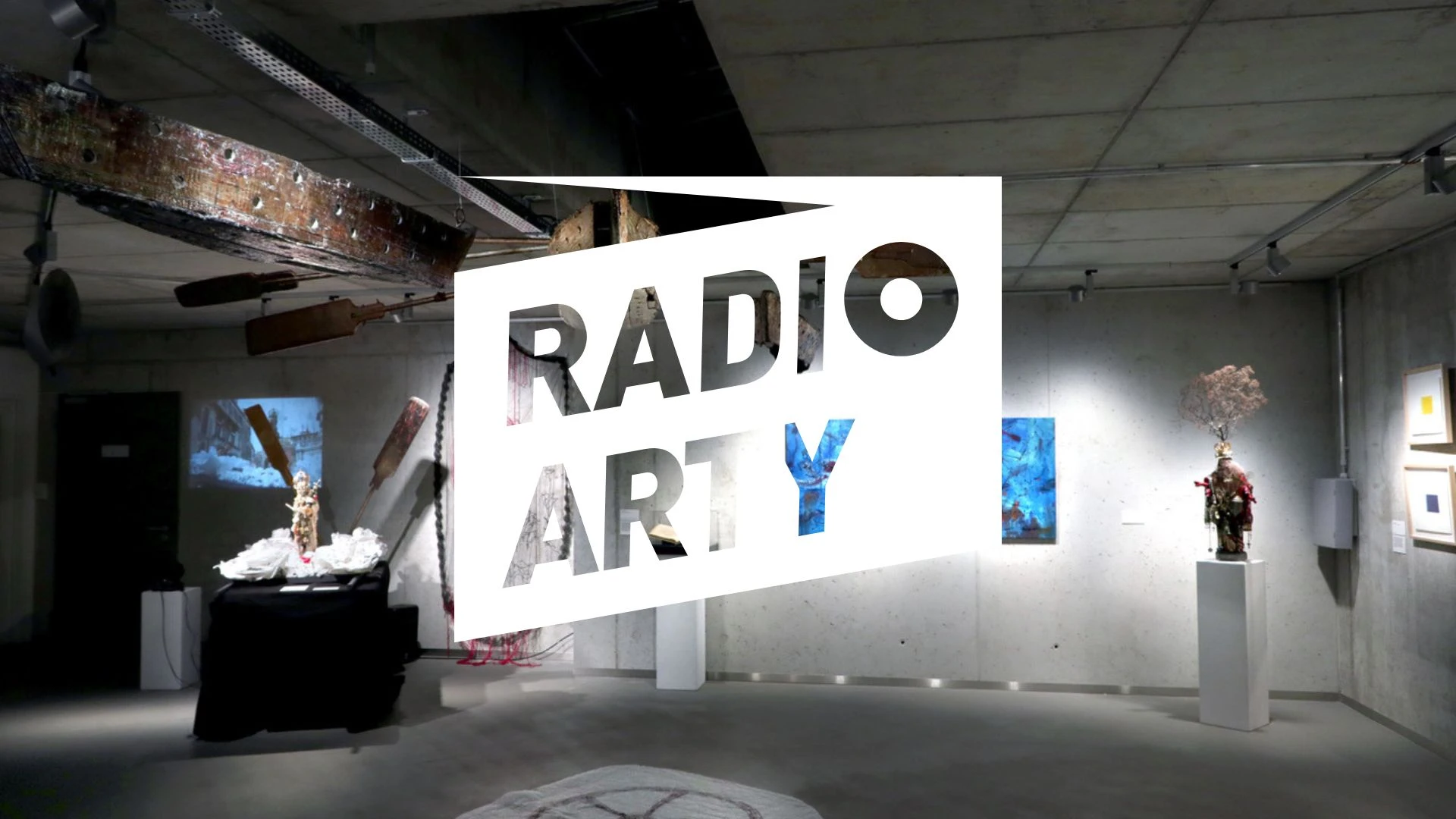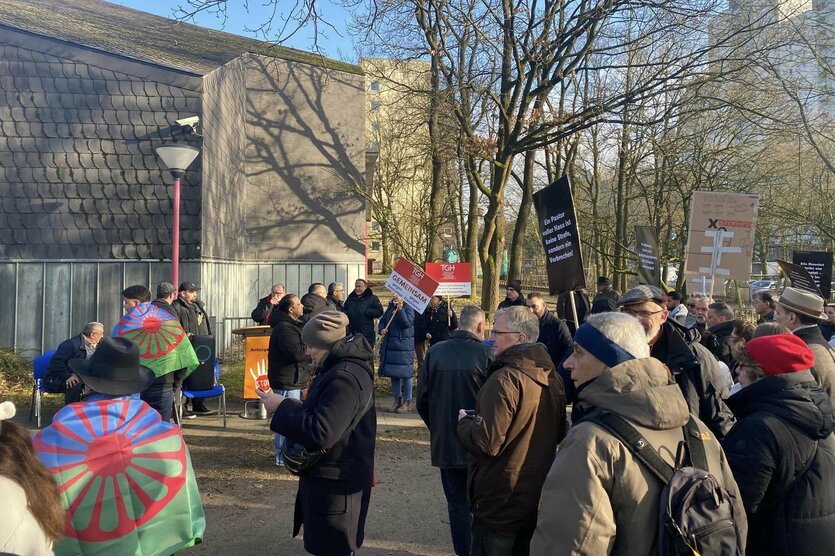Meyer (2014) reports on a party meeting of Jörn Kruse, Hamburg chairman of the nationalist Alternative for Germany (AFD). On the occasion of the forthcoming parliamentary elections in Hamburg, Kruse spoke about his political program: this is characterised by strong nationalist tendencies, even if Kruse often presented his viewpoints in a negative form and left the conclusions to the audience: “The state leader of his party is a clever and a practiced orator. He speaks critically about immigration and “asylum seekers”, but in between always expresses understanding for war refugees, which one has to help. […] But it soon becomes clear: Kruse is a verbal border crosser. Again and again in his speech, he approaches almost casually taboos, just to stop right before them. Therewith, he avoids the charge of right-wing propaganda, but offers his listeners what they want to hear. Kruse sounds like this: “I do not want to be quoted saying, in Germany that foreigners are responsible for crime.” Pause. “Well, who else?”, it comes from the audience. […] Or like this: „I don’t want to comment the thesis that more migration leads to more criminality. […] Nodding, agreement. An older gentleman asks what could be done against the “gypsies” and adds: “I’ve always said Gypsy, not Roma.” Kruse says that the Roma unfortunately could not be deported because of the European free movement of persons. And then: “We cannot prevent them from coming here, they have culturally induced problems of integration, we also know that many of them come here, because our child benefit are higher here than what they can earn at home.”” With this remarks, Kruse reproduces several stereotypical prejudices about the minority. The 110’000 to 130’000 Rroma who are integrated in Germany since generations are denied existence. Instead, he stylizes them – in the very spirit of one-sided debate about “poverty migration” – to economic migrants, who would exploit the German social security system. The integration problems ascribed to them have to be seen in the context of a growing xenophobia. Integration always works on two sides: by the efforts of the migrants themselves, and by the willingness of the recipient country to include the migrants. This aspect is completely ignored by Kruse and his party in their representation of the issue.
- Meyer, Hagen (2014) Unheimlicher Heimat-Abend mit der AfD. In: Bild online vom 21.11.2014. http://www.bild.de/regional/hamburg/alternative-fuer-deutschland/unheimlicher-heimat-abend-38655766.bild.html







